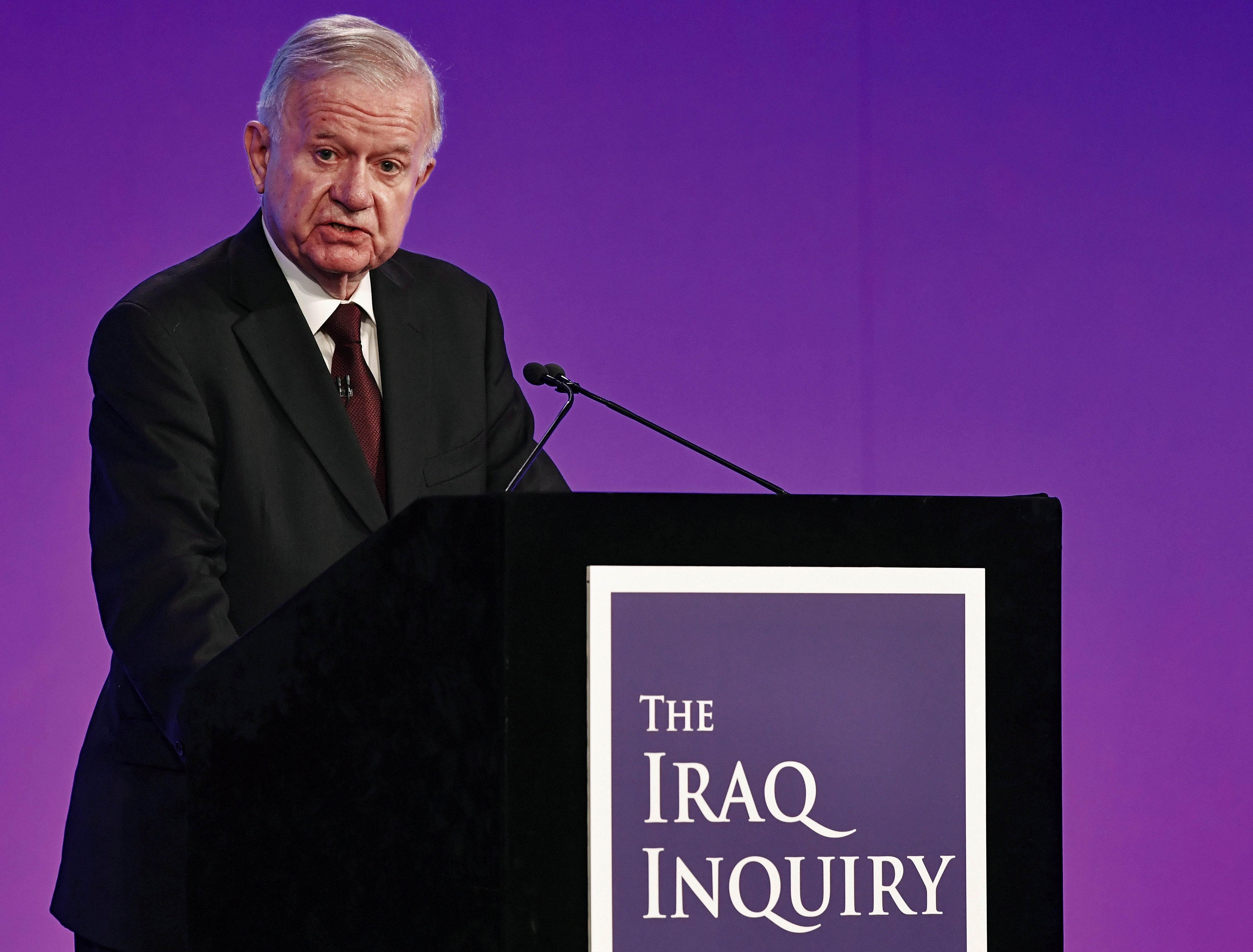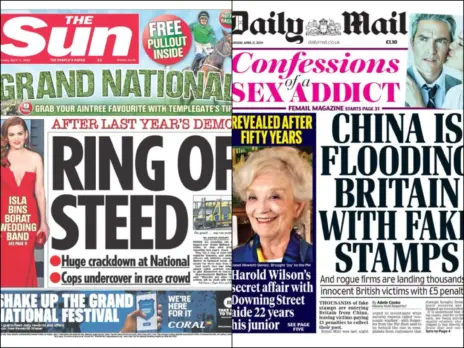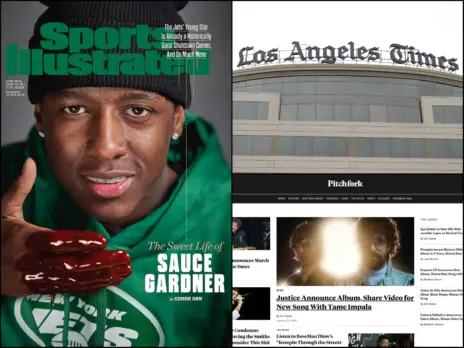
The national press will no doubt give Tony Blair and other former members of his Government a well deserved drubbing for the criticism of them which has emerged in the Chilcot report.
The war was launched before peaceful means had been exhausted, evidence on weapons of mass destruction was presented with “certainty that was not justified” and Blair failed to set out properly the risks to UK security which were created by the military action.
The results, as we all know, have been disastrous.
But I wonder if our national newspapers will also find time to reflect on the role they played in the march to war back in 2003?
News UK proprietor Rupert Murdoch in particular may now regret the support his newspapers gave to his then friend Blair.
In evidence to the Leveson inquiry in 2012, Daily Mail editor Paul Dacre said of Murdoch: “Well, as I say, I think he’s been a very great proprietor who obviously has deep problems now, but in the past, not so much now, I don’t think there’s any doubt that he had strong views which he communicated to his editors and expected them to be followed.
“The classic case is the Iraq War. I’m not sure that the Blair government – or Tony Blair would have been able to take the British people to war if it hadn’t been for the implacable support provided by the Murdoch papers. There’s no doubt that came from Mr Murdoch himself.”
It emerged in Alastair Campbell’s diaries that Murdoch went so far as to call Blair in March 2003 urging him not to delay an invasion and assuring him of the support of News International (then publisher of The Sun, News of the World, Times and Sunday Times).
The Sun’s treatment of Charles Kennedy, the only party leader to take a stand against the war, stands out:

Most UK national newspapers lined up behind the government and backed the conflict with Iraq (duped, as it turned out, by misleading evidence about weapons of mass destruction). The Daily Mail, Guardian and Daily Mirror were among a few exceptions.
As Peter Oborne said, also to Leveson, journalists must learn the lessons of Iraq and the real danger that can ensue when they ally themselves to one cause and go into the propaganda business rather than subjecting all to the same rigorous scrutiny.
He said “…this collusion between the political people and reporters was part of the reason why the British public was so grievously misinformed about the nature of the threat from Saddam Hussein”.
Email pged@pressgazette.co.uk to point out mistakes, provide story tips or send in a letter for publication on our "Letters Page" blog







